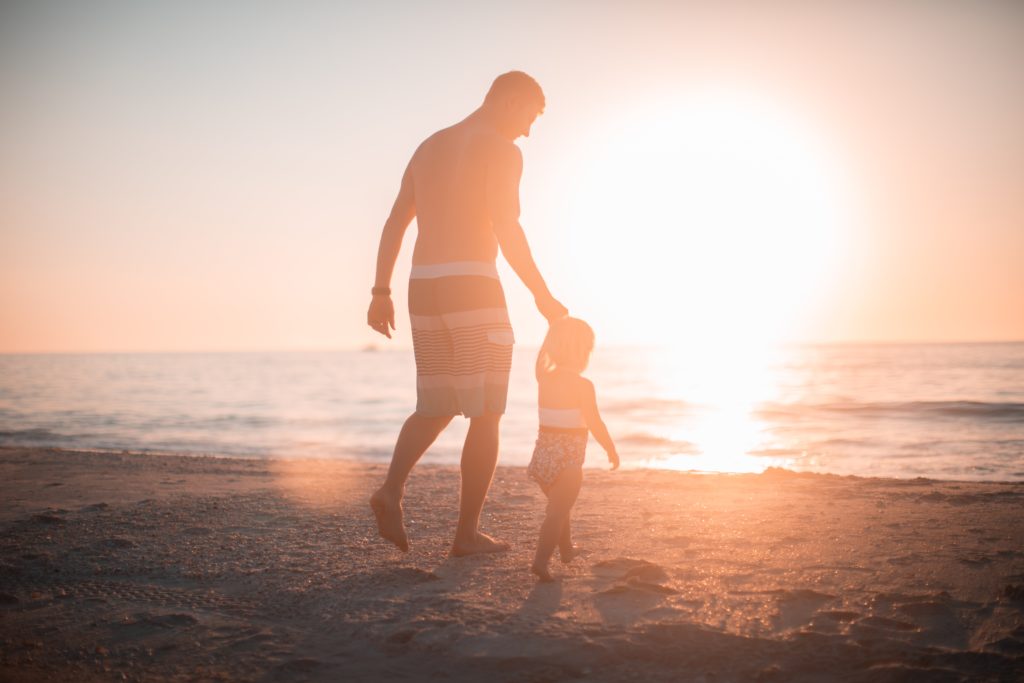A Personal Story of Self-Compassion and Inner Child Work
Greetings fellow mindful travelers!
Happy February!
This month I have for you a personal story. I don’t often share about my life, but thought that this could be a good example of the self-compassion work I am doing, and perhaps inspire others to start this work as well.
Recently, I had a new friend suddenly cancel a meetup at the last minute. And this was the third time that this had happened.
Immediately I felt a sense of hurt, sadness, and disappointment. And while painful, I knew this was the perfect time to practice mindfulness.
So I sat on my cushion and checked in. I noticed it was mostly my inner child that was hurting; he was feeling scared, abandoned, neglected, and rejected.
While it was tempting to turn on my TV or try to distract myself from these feelings, I decided to stick with it and see what they had to say.
Looking within, I noticed a child crying, feeling like it was left alone, in need of attention and care.
So I picked up the child in my arms and said to it “I see you, I hear you, I’m here for you.” I put a hand over my heart space and internally held the child with care.
I said encouraging words to my inner child “you are awesome, you are loved, you are lovable” and took some deep breaths. The child began to relax and feel soothed and taken care of.
I held this intention of compassion toward my inner child for some time until it felt complete. Next, I asked my inner child what it needed now.

It said a snack and some stretching. So I stood up, stretched on my yoga ball, took some deep breaths, and ate something healthy.
After some time and when I was feeling more centered, I decided to ask my inner child about this new friend. My therapist-self could have compassion for this new friend and see that she was in her own struggles in life and perhaps I should continue to try to make it work, but I wanted to listen to my inner child too.
My inner child was not a fan of her. Too many instances of broken trust early on. He did not feel good about this. I took some time to deliberate my decision, but ultimately decided that I needed to set a boundary and surround myself with people that made my inner child feel safe, secure, and cared about.
In addition to caring and providing for my inner child, I wanted to protect him, and only surround him with people who treated him with respect and made him a priority, like my other friends do.
I asked him how he felt about that decision, and he felt good about it.
I knew protecting him was important to me, and my adult-self needed to stand up, set a boundary, and say no. So ultimately I decided to end the relationship and honestly communicated how I felt to her.
I’ve grown a lot as an adult, and as the caretaker of my inner experience.
And I’m still on the path of learning and growing.
When things start to hurt, we can easily shut down, but it is in those moments that we need mindfulness and self-compassion more than ever.
Here are a few more phrases you can practice your adult-self saying to your child-self:
-“I care about how you feel”
-“I will provide for you”
-“I will protect you”
-“I will encourage your growth”
When we are hurting, we can learn to be with ourselves, with our hurting parts, with compassion and care, with healthy boundaries honoring our well-being, and with honest communication to those that hurt us.
This isn’t easy, and it often is a messy process. And with practice, we can start to cultivate this loving relationship with ourselves, and share our inner experience honestly with others.
Thanks for taking the time to read this short story. I hope that it may inspire us all to treat our inner child with love and protection, and have more honest communication in our relationships.
Until next time,
Ellis Edmunds, Psy.D.

P.S. I have two upcoming groups in Oakland – one focused on mindful dating, and the other, mindfulness for anxiety:
- Mindful Dating Support Group – Free Introductory Class (click to sign up) – February 27th
- Everyday Mindfulness for Stress and Anxiety – Free Introductory Class (click to sign up) – February 27th
(click the links above to register for the free intro classes)
